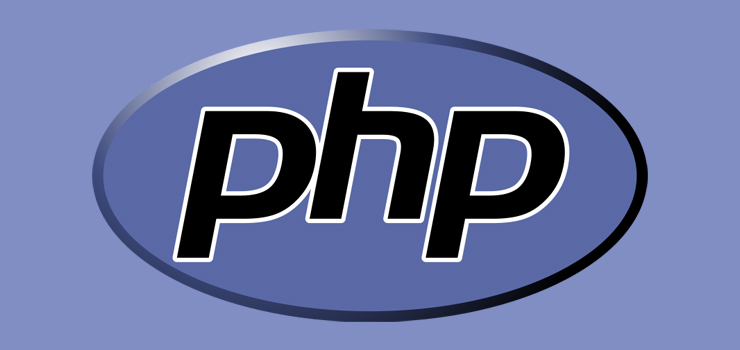PHP 7 reached its name after a series of arguments and confirmations beating the one-third votes earned by ‘PHP 6’. There have been a lot of talks about how features have been worked on to track the earlier limitations and fixing them up with substantial methods and resources playing their role most advantageously. So, this is how the latest big version of PHP has landed up between us to make us believe in it more than ever.
The features that have been used in PHP 7 are fairly advanced in their offerings and can be referred for making the best use of latest web development facets and resources. However, all the features added to the new version are not yet defined properly. But of course, they have been implemented and can be considered as final.
Here’s the list of major features/improvements of PHP 7:
Huge Performance Improvements
PHPNG (Source pit of PHP 7) started with idea to match the performance of Facebook HHVM. Zend provides the implementation source for PHP to make it perform at the desired level, at which the ‘unused’ PHPNG was supposed to function. So, the major performance areas addressed in PHP 7 include speed, hash tables and memory allocation. Going into the core and depreciating many redundant features are also a part of huge performance improvements of PHP 7.
JIT Engine
Dmitry Stogov of Zend started with implementation of a JIT engine for the Zend Engine based PHP. With the help of JIT engine, it is possible to put together Zend opcodes into native machine codes to make codes run faster. Though it is still not a built-in feature yet but the experiments are on and PoC of transparent LLVM based JIT compiler (embedded into OPCache) has already been created. That means it will soon be an integral feature of PHP 7 and a big leap of change, for better!
Abstract Syntax Tree
To make PHP compilation process even smoother and effective, AST has been added as an intermediary step. It is the same feature that had been proposed already in 2012 but now as it is implemented it comes out with better and bigger advantages for programmers. With this upgrade, important tools like static code analyzer and bug detector will offer more options to work on.
Asynchronous Programming
PHP development is going to get a lot easier with Asynchronous Programming finding its way at the center. This change virtually transforms the way Input/Output operations are handled and other asynchronous tasks like accesses to files, network, databases and timers are performed – making PHP 7 a great platform for developing large applications on the go. Also, expect a lot of asynchronous programming support to elevate your experience working with the new PHP.
Standalone Multi-Threading Web Server
Anticipated to come with the next release, this feature is going to take scalability to another level. You have seen PHP running from other multi-threaded web servers like ngynx and lighttpd but this time you will see it running on its own multi-threading server. This will make the tasks like handling many simultaneous requests at a time more dependable and secure. Among other benefits, memory lapses and access time would be more stable and could be handled more dynamically.
With such features, you can expect PHP 7 to rule the dynamics of web development ever more powerfully than before. As things are still in the making, it’s better to keep a keen watch on the technology upgrades that PHP acquires with the new version. Be ready to adopt it and play big with PHP development at your comfort and in your own style.






